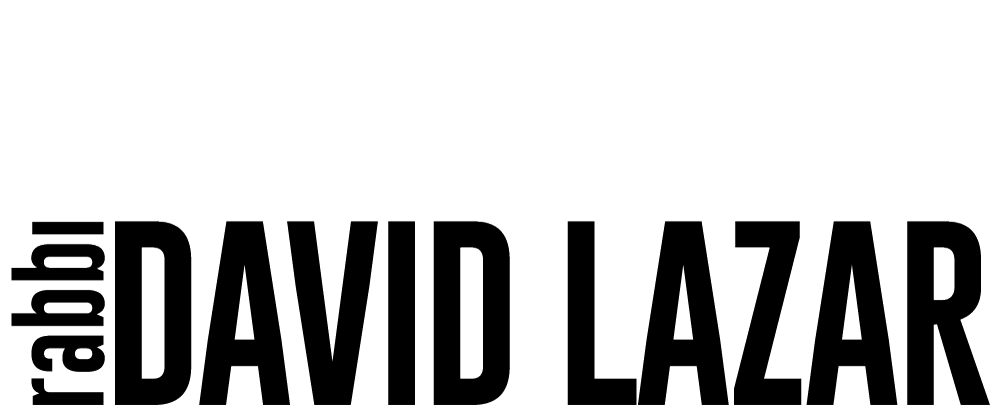
28 Jan B’shallah: Faith and Resting on Shabbat
Can you do it? Are you able to go off the grid, refrain from using Facebook, Twitter, WhatsApp, Instagram and all the rest for just one day a week? Would you even want to? Many of us do, or at least try to.
For some, it is a matter of halacha, or the Jewish tradition of interpretation reflecting behavior. While the details of these regulations are spelled out in Talmudic and later rabbinic literature, they are based upon just a few passages in the Torah. One of those passages appears in this week’s Torah reading, B’shallah. The Israelites, having just escaped from Pharaoh and his army, feel they are threatened with starvation in the desert:
In the wilderness, the whole Israelite community grumbled against Moses and Aaron. The Israelites said to them, “If only we had died by the hand of the Lord in the land of Egypt, when we sat by the fleshpots, when we ate our fill of bread! For you have brought us out into this wilderness to starve this whole congregation to death.” (Ex. 16:2-3)
While being ungrateful to God, disrespectful toward their leaders and a bit deluded about the conditions of their servitude in Egypt, there still remains a problem that must be solved:
And the Lord said to Moses, “I will rain down bread for you from the sky, and the people shall go out and gather each day that day’s portion — that I may thus test them, to see whether they will follow My instructions or not. But on the sixth day, when they apportion what they have brought in, it shall prove to be double the amount they gather each day.” (ibid. 4-5)
… Then Moses said, “Eat it today, for today is a sabbath of the Lord; you will not find it today on the plain. Six days you shall gather it; on the seventh day, the sabbath, there will be none.”
Yet some of the people went out on the seventh day to gather, but they found nothing. And the Lord said to Moses, “How long will you men refuse to obey My commandments and My teachings? Mark that the Lord has given you the sabbath; therefore He gives you two days’ food on the sixth day. Let everyone remain where he is: let no one leave his place on the seventh day.” So the people remained inactive on the seventh day. (ibid 25-30)
These verses are the basis for laws concerning an array of Shabbat practices, providing the divine authority upon which later rulings would be based. Among those are refraining from straying far from home, carrying objects in public space and setting two covered loaves of hallah, festive bread, on the Shabbat table. While today hallah covers are quite common, older pieces are quite rare. The Gross Family collection houses one such cover of broadcloth embroidered in silk, cotton and wool thread, with faceted metal beads. It was made by one Sarah R.Z., somewhere in Europe in 1875:
The embroidered inscription reads: On Shabbat, one is obliged to make the blessing over two loaves, as it is written, “double the amount”.
For me, Shabbat observance is less a matter of halacha and more a matter of aggadah, the Jewish tradition of interpretation reflecting thought, emotion and spirit. It’s not so much about what practice is permitted or forbidden, rather, about what values are expressed in any given practice. And so, in this week’s reading, I look toward the notion of faith that enables rest and appreciation. Saved from the stress of procuring their source of food, the Israelites were free to enjoy the manna and each other’s company.
In this illustration, the manna that has fallen (on the eve of Shabbat?) is everywhere, easily found and easily gathered.
My guess is that this image was, at least in part, inspired by painting below, done by an anonymous artist of the 17th century Dutch school:

The Fall of the Manna, Anonymous, Holland, 17th century http://www.artbible.net/1T/Exo1601_Manna_Quails/pages/17%20HOLLANDAIS%20LA%20CHUTE%20DE%20LA%20MANNE.htm
In the same way that the Children of Israel were expected to trust that they will be provided for one day a week without having to search for, and gather, food, we might want to take advantage of that one day a week, Shabbat, during which we need not search and collect data. Perhaps letting go of the ongoing buzz of information will enable us to consider and appreciate the actual content of those messages. In the same way that the freed slaves were instructed to take time out from their constant anxiety about their physical sustenance and savor the taste of the heavenly bread, we might want to take time out from our anxiety about our social sustenance and savor the people around us.
Shabbat Shalom




No Comments